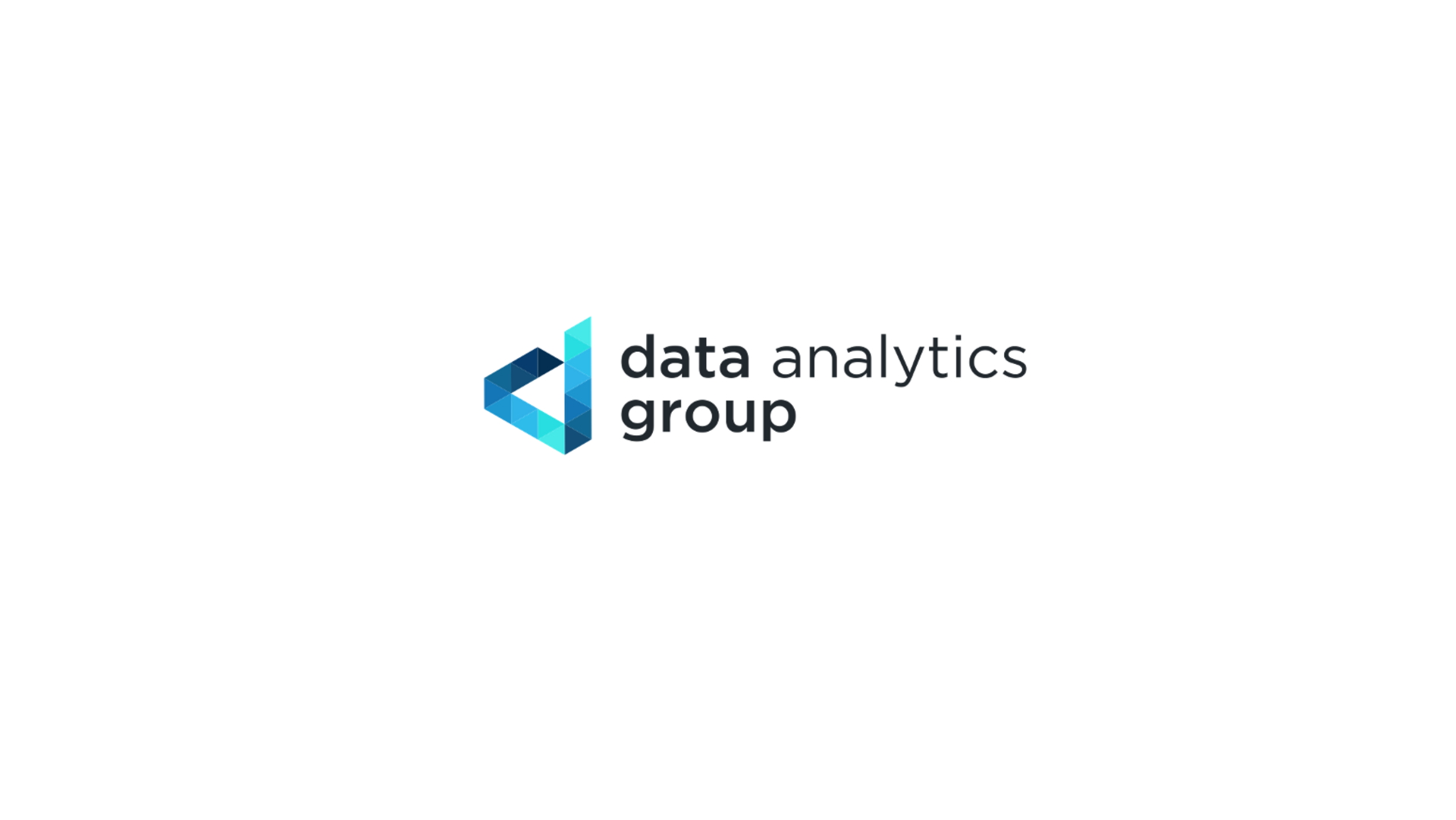Welcome to the website of the Chair of Information Systems and Data Analytics! Our research and teaching focus on the question of how humans interact with artificial intelligence to make better decisions.
Research
Our research aims to improve human decision-making through the responsible use of data and algorithms. We follow a socio-technical approach that integrates cutting-edge technologies—especially machine learning and artificial intelligence—with social and societal considerations.
Human-AI Interaction
We investigate how people interact with AI systems in economic decision-making processes. Our work identifies individual and contextual factors that drive acceptance or rejection, and we quantify how AI support affects outcomes such as productivity and decision quality in business environments.
AI for Sustainable Energy
We develop and evaluate intelligent systems that support the generation, distribution, and use of clean and affordable energy. We do this in both industrial processes and residential settings.
Sports Analytics
We use fine-grained event and tracking data to support data-driven decision-making in professional sports. Our work spans applications such as scouting, performance analysis, and tactical evaluation—primarily in football and handball.
Teaching
We offer lectures and seminars at the Bachelor's, Master's, and Doctoral levels.
Bachelor
| Module name | Module type | Semester | ECTS | Language |
|---|---|---|---|---|
| Fundamentals of management information systems | Lecture | summer semester | 5 | DEU |
| Methods of Data Science (Film) | Lecture | winter semester | 5 | DEU |
| Data Visualization | Seminar | summer semester | 5 | DEU |
| Predictive Analytics | Student research project | summer /winter semester | 5 | DEU/ENG |
Master
| Module name | Module type | Semester | ECTS | Language |
|---|---|---|---|---|
| Data Science for Business | Lecture | winter semester | 5 | ENG/DEU |
| Applied Machine Learning for Text Analysis | Seminar | winter semester | 10 | ENG/DEU |
| Real-World Machine Learning Projects | Seminar | summer semester | 10 | ENG/DEU |
Doctorate
| Module name | Module type | Semester | ECTS | Language |
|---|---|---|---|---|
| Machine Learning for Research | Seminar | summer semester (irregular) | 6 | ENG |
Application
The Department of Information Systems does not participate in the centralized allocation procedure of the Faculty of Business Administration and Economics. Consequently, the application process varies for each chair.
Our application deadlines are as follows:
- Winter semester: January 1 - February 28 (29)
- Summer semester: July 1 - August 31
To apply, please submit the following:
- Curriculum vitae
- Current transcript of records
- Letter of application
Your letter should express your interest in "Data Analytics" topics and include suggested themes for your thesis. Please email your complete application to the chair.
We emphasize the importance of a strong interest in a topic as a key to success. Rather than publishing pre-defined topics, we encourage students to bring their own interests and define their thesis topics in consultation with a chair member.
Occasionally, we offer theses with practice partners, where topics are usually predefined. If applicable, you will find these under the relevant heading.
Preparation (template)
Please use this LaTeX template as a guide when designing your thesis !
Master's thesis with optional internship in the field of "Patent Analytics" (Wilhelm Böllhoff GmbH & Co. KG, Bielefeld)
Patents offer two essential functions, namely protection against imitation and the provision of information.
The information function of patents is currently little utilised by companies. However, the potential for utilising information is very high, as it is estimated that 90% of the technical knowledge published worldwide can be found in the patent literature. The currently emerging field of "patent analytics", which is also referred to in the literature as "IP intelligence", for example, is concerned with the procurement, analysis and processing of information from published patents and patent register data.
IP intelligence utilises the fact that patents contain structured bibliographic information such as applicant data, inventor data, time data and technical classifications. The published information on forward and backward citations also offers opportunities for gaining knowledge.
On the other hand, the contents of patent specifications, such as the technically detailed descriptions of the inventive embodiments and the problems to be solved as well as the technical illustrations contained therein, also offer great informative potential. This can be utilised, for example, through semantic, AI-based analyses to identify current technical problems and solutions.
Other information published in the context of patent applications also offers a currently underutilised potential (data on disputes, examination procedures, etc.).
Companies can utilise this information function for better strategic decision-making. For example, idea generation processes for product innovations can be supported. This information is also helpful for identifying new markets or collaborations or M&A, evaluating applicants and analysing patent dependencies.
The aim of the work is to develop and evaluate methods for analysing patent data. These methods will then be used to demonstrate the entrepreneurial benefits of specific case studies.
All details can be found here
Team

Meet the brilliant minds driving research and teaching at the Data Analytics Group. Our team is an interdisciplinary blend of experts, each passionate about data-driven decision making in domains ranging from energy over finance to sports.
Join our team!
Become part of our team, either as a student assistant or research assistant with a Bachelor's degree or as a research assistant after completing your Master's degree.
Contact
Wirtschaftsinformatik, insb. Data Analytics
Warburger Str. 100
33098 Paderborn



